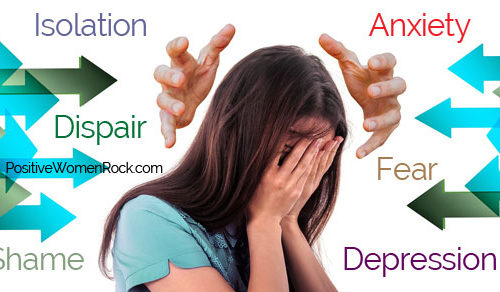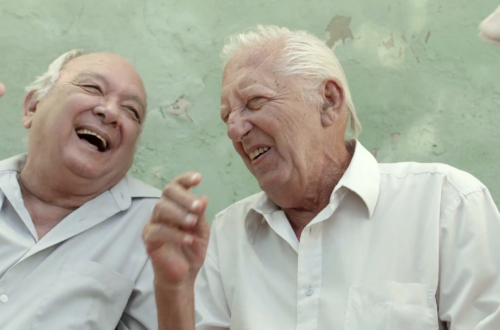The moment I attached professional credentials to my Twitter and Facebook pages, I opened myself to criticism, and became hyper-aware of the possibility one misconstrued thought could sully my reputation as a psychotherapist and left-leaning social worker. Because of this, there is always a little voice in me that says:
“every piece or post must be precisely worded, or someone will be offended.”
The voice echoes from parts of me afraid of being perceived as an imposter in the mental health world; someone who can be easily discredited, or accused of doing more harm than good. Imposter syndrome is a common symptom of anxiety rooted in false belief that what is earned is not truly deserved. I have experienced it in the past, and hope to never again.
Unfortunately, the precision necessary to ensure I satisfy everyone does not exist, and one admonishing comment stirs my imposter fears.
This past weekend I was confronted with a perceived threat to my credibility when a status I shared to my Facebook page was challenged by another clinician as untrue, or even dangerous. The status referred to the Bowen Theory concept of Emotional Cutoff, and asserts that cutoff from family in order to resolve emotional attachment issues exacerbates anxiety and depression. The clinician in question based her disagreement on toxic relationships from which only escape is a solution. It was a logical position to take, except it was tarnished with assumption I suggested people remain in dangerous relationships. The clinician never privately asked me follow-up questions in order to gain understanding, and instead, based her response on an assumption potentially harmful to my professional reputation. The episode provided some learning, in that it reminded me context of theory tenets has value. It also reminded me it is impossible to formulate a thought or opinion so precisely as to remove the possibility of drawing scrutiny from at least one person.
I have encountered similar terrain on Twitter through offering support to people living with mental illness. In the span of an hour, I was told by one reader my blog piece about maintaining my mother’s dignity as she died comforted her in her time of need, then was criticized by another person to whom I sent a positive thought because she believed my words of support suggested I had some understanding of her situation despite the fact we had never met. This tapped in to my fear of being accused of insensitivity toward people suffering from mental illness. Thoughts spread fast on Twitter, and if a perception of me as an insensitive clinician gets around, it could damage my professional reputation. It is daunting, and kills some of the joy of connecting through writing, but it’s a risk I remain willing to take.
The effects of these experiences is significant because of the aforementioned anxiety related to my professional credibility. If I perceive someone is questioning my validity, it feels like I am being accused of fraud, and my inner critic gets to gloat for a little while. If my own false belief about myself is rekindled, I might take fewer chances in my writing, and my relationships with clients will dilute as I will grow too focused on what’s happening inside my own head.
I’ve recently begun asking questions of people with whom I am in disagreement in hopes of gaining some understanding of their perspective. We are more likely to get to know a person through hearing about the experiences that created their beliefs than we are from only reading the beliefs, then blindly questioning them. Understanding someone’s experiences allows us to utilize our human capacity for empathy, and ensures an opportunity for learning, and more responsible social media usage.
I follow advocates who work to eradicate stigma attached to mental illness. They post several tweets throughout their day meant to assert mental illness is sickness, not weakness, and nothing about which to be ashamed. They channel their struggles into benevolence toward others, and use social media in the best possible way. Some often tweet pictures of self-harm scars the intentions of which are to reduce shame, and encourage others to reach out for help. However, some people accuse these advocates of triggering self-harm in others. It’s impossible to separate who is right from who is wrong, but I trust the intentions of those who tweet graphic pictures because I believe they would never purposely harm anyone, and I respect their risk. To announce their tweets as well-intentioned, they prefce with “TW” to signify a trigger warning that allows others to scroll over certain posts. I guess I could preface every tweet, status, or blog piece with, “No harm intended here”, but that could get exhausting.
We live in an age of instant connectivity. That fact alone makes it easy to inquire about intent, or express concern, before putting a person on blast through kneejerk, public criticism. It’s possible these public call-outs will silence advocates and professionals who are the synapses that allow for a steady flow of mental health information, and support that encourages others to open up and seek treatment.





